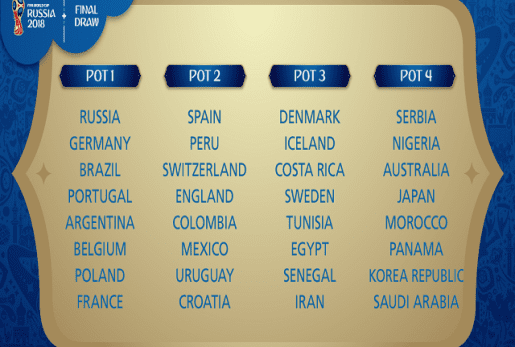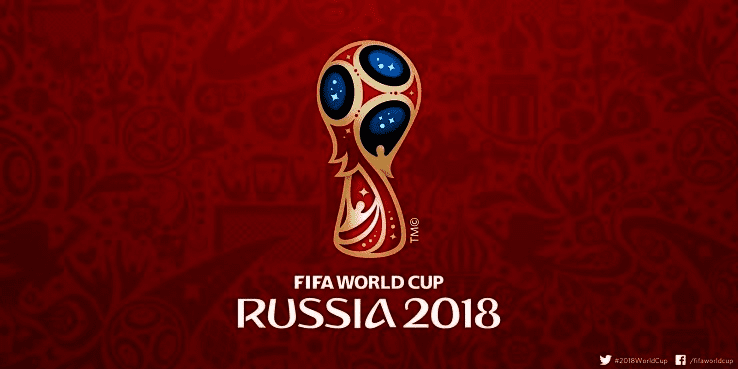With December 1st quickly approaching for the determination of World Cup groups, it is time to talk about the FIFA ranking that produces team seedings used for determination of World Cup groups. The seeding of teams at World Cup finals has become a charade and teams have taken advantage by hiring consultants to receive advise on how best to play the seeding game off-the-field and in planning rooms.
That a team like Switzerland could craft its way to a top seed at the World Cup of 2014 demonstrates how much a charade this has become. Poland will follow that act by becoming a top seed for the 2018 World Cup built up with a few good results against Germany. These engineered seeds matter as they prevent early encounters with strong teams that have duly earned their rank.
Moreover, domination of European teams as top seeds is not necessarily an indication of the usual strength of those teams as it is an indication of the coefficient that they enjoy in FIFA ranking. Clearly, if confederations like CAF had not fallen asleep, they should be the ones calling for a rethinking of the World Cup seeding. There is nothing sacrosanct in the current method, after all.

There are those who, of course, would swear that the World Cup seeding is designed to create balanced groups with the best teams receiving the best seeds. However, this is far from the truth. The use of FIFA ranking exposes ways that teams can manipulate the system in order to quickly move up the ranks as Switzerland demonstrated in 2014. Importantly, the higher coefficients awarded to South America and Europe assures that all their teams, including the likes of Romania and Bolivia, theoretically have a better chance to achieve higher rankings than teams from Africa where the coefficient is much lower. In essence, those teams profit from the sweat of the top European and South American teams who solely should earn those high coefficients. Is that really fair to the teams outside of those two confederations?
Re-Thinking for Fairness
So how may FIFA rethink the World Cup seeding? Let us stop the pretense and move into the open to declare seeding based on a different philosophy of confederation fairness. Let us first bear in mind that the key platform for World Cup qualification is via confederations. This idea of representativeness increases a world-wide interest in the World Cup and has to be significant in designing a process for a hugely successful event. Rather than relying on a system that privileges teams from confederations with high ranking coefficients, FIFA should provide access for teams from confederations that are not as privileged. Thus, instead of focusing solely on the general FIFA ranking of teams across confederations in selecting teams with the top seeds, it is time for FIFA to rethink.
One understands FIFA’s eagerness to put its ranking to use in spite of its obvious deficiencies. But if it must use its ranking system, then rethink how the system may be used. For instance, why not base the World Cup seeding on FIFA rankings, within particular confederations, and assure that each confederation gets at least one top seed? The rest of the seeds can then come from the host team and teams ranked top in the FIFA general ranking. This would mean that Africa’s top-ranked team, according to FIFA, gets a top seed at the World Cup and the same for each of the other confederations.
What is the possible effect of this re-thinking? This will increase the chances of each confederation getting into the elimination rounds of the World Cup i.e. a World Cup based on the current format. For instance, the seeded African team will avoid the very top teams from Europe and South America and, thus, that African team will have a better chance to advance than is the current case.
This advance by such a team increases worldwide interest across continents and makes for a more interesting World Cup. Importantly, it dilutes the unsavoury effect of a FIFA ranking system polluted by a coefficient bestowed on undeserving teams.
By rethinking seeding for the group phase of the World Cup finals, FIFA would be removing some of the last bastions of obstacles to fairness at its most prestigious event. Let fairness reign and allow for an exciting World Cup where each confederation has a fair opportunity to get to the elimination rounds.














